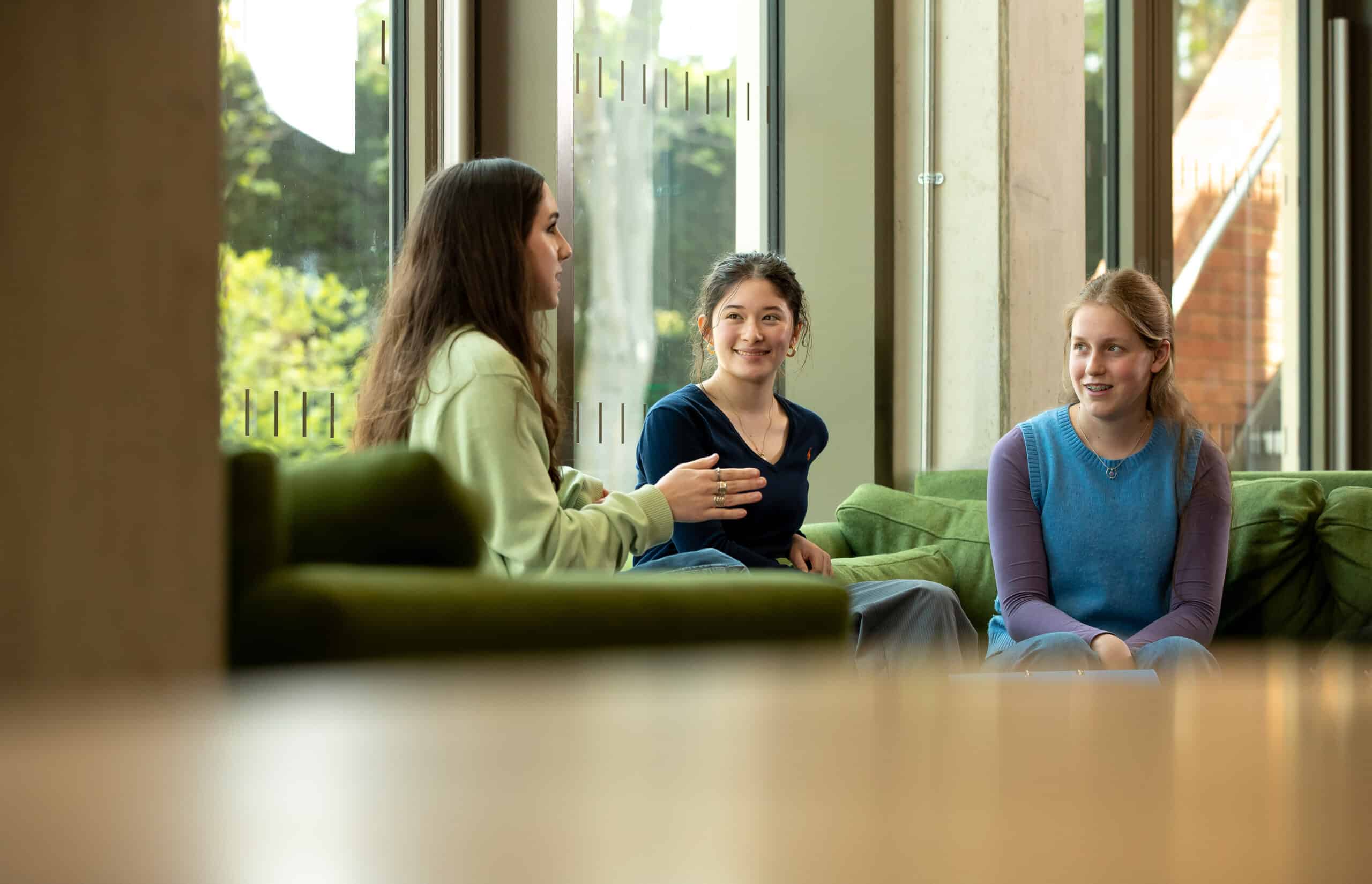Food trends on Instagram and TikTok are some of the most viewed content on these social media platforms. From detox teas to #WhatIEatInADay, we are exposed to a huge amount of nutrition advice, often with an unhealthy amount of attention on weight loss. Social media influencers regularly suggest ill-informed and sometimes dangerous advice about the already confusing world of nutrition.
A 2023 survey by NHS England found that 20.8%of women aged 17 to 19 in the UK had an eating disorder or ‘eating problem’. Orthorexia – an obsession with eating foods someone considers healthy – is of particularly increasing concern in the medical community. The misinformation spread by some influencers with thousands, if not millions, of followers is only going to fuel the wave of disordered eating.
I’ll be discussing a few of the latest food trends on social media and will offer some advice on how to avoid falling for the hype.
#WhatIEatInADay
With more than 14 billion videos, the #WhatIEatInADay hashtag on TikTok is filled with people showing what they eat in a single day. It ranges from personal trainers featuring what they eat to stay in fit, people with eating disorders recording what they eat in recovery, and others monitoring their daily eating habits for fun. While it may seem harmless, a recent study found that the trend can be damaging to young people’s eating habits, body image and mental health. That study, which examined more than 1,000 videos under that hashtag, found that less than 3% of the videos were weight-inclusive. It is also an undoubtedly unrealistic and possibly dishonest view of what someone eats in a day, and will only serve to make people guilty that they are not fuelling themselves with these ‘perfect’ meals.
Detox tea / Teatox
The detox market is a burgeoning one, and as it expands so does the misinformation, health claims and stories of ardent ‘detoxers’ becoming seriously unwell. Promoters of detox drinks wrongly boast that they speed up your metabolism and fat-burning or remove harmful toxins from your body. Why spend money on these products when you already have the best ‘detoxifier’ in your body anyway: your liver!
Green Powder
This is everywhere! Some kind of health guru will blend a green powder with water and claim that these powders – which contain dehydrated green vegetables – help reduce bloating, improve gut health, clear acne and more. The Green Powder market is expected to reach nearly $600 million by the end of 2027. But, should we be falling for the hype? No! These powders are not a magic fix, they are highly processed and very expensive. You are much better to just eat a wide range of fruits and vegetables to get the benefit of fibre along with the vitamins and minerals.
Lettuce water
A recent TikTok trend claims that soaking lettuce in hot water and drinking it helps with sleep. However, there is no evidence of a study that proves that lettuce water can aid sleep. You’d be better off having a warm bath!
Functional mushrooms
The functional mushroom market is booming, and influencers espousing health properties suggest they can clear up acne, boost the immune system, help with sleep and improve cognitive function in the elderly. However, it seems the majority of health claims made for mushrooms are unsupported by good quality human trials. There are drugs that are derived from fungi, such as the antibiotics penicillin and cephalosporins, and lovastatin for lowering cholesterol, but when it comes to the health benefits of eating or drinking mushroom products, more human trials are needed.
If something sounds too good to be true, it probably is. And if social media influencers are trying to sell you something (such as a food supplement) you need to do your own research before believing the marketing.
Ultra-processed food and ‘clean eating’
A best-selling book by a TV doctor is doing the rounds at the moment. Whilst a diet high in ultra-processed food no doubt lacks vitamins, minerals and fibre and is too high in salt, fat and sugar, we should not feel guilty if we are not eliminating them from our diet.
Demonising ingredients – such is the way in the ‘clean eating movement’ – takes advantage of people’s fears. Deriding foods because they are ‘full of chemicals’ is just bad science. Food is chemicals. Just look at the chemicals found in a bag of all-natural blueberries! Spending hours in the supermarket reading every single ingredient on the packaging is frankly quite boring and potentially unhealthy. Cooking from scratch is, of course, a great idea and I actively promote it, but not everyone has the time or the skills available to achieve this all day every day. And in this country, those in food poverty are not always able to access good quality, fresh food – but that is a subject for another day!
Conclusion
In the end, nutrition is only one part of our overall health, alongside exercise, mental and emotional well-being, sleep, our medical history and genetics. Nutrition at its best is a science, with good quality research and evidence-based advice. However, as a qualification it is unregulated. Someone can claim to be a nutritionist even if they have only done a short online course. The Association for Nutrition in the UK is the only regulating body and requires the nutritionists on its register to hold a MSc or BSc from an accredited university. A dietician is the only nutrition professional that can give advice in a clinical hospital setting.












